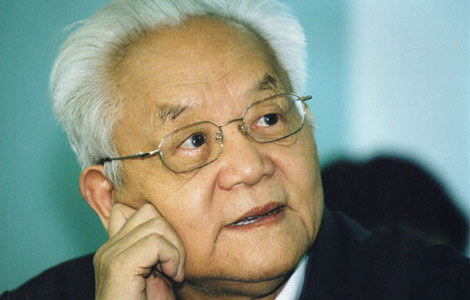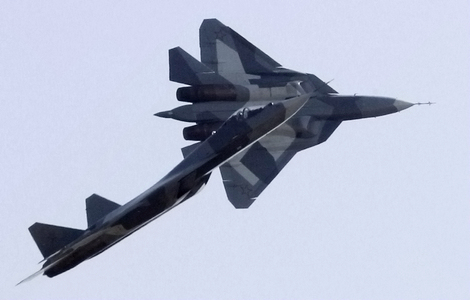Bitter memory of collision off Diaoyu Islands remains divisive
Updated: 2011-08-12 07:36
By Qin Jize (China Daily)
|
|||||||||||
BEIJING - A fishing boat collision in waters off the Diaoyu Islands remains a major obstacle in cementing Sino-Japanese ties, according to a public opinion poll.
The poll found that 51 percent of the Chinese general public believes the Japanese government's tough stance escalated the incident. And 62.1 percent of Chinese students hold the view that the sensitive nature of the territorial disputes has made the situation worse.
Sino-Japanese relations have been at a low point since a Chinese fishing boat and two Japanese patrol boats collided in waters off China's Diaoyu Islands last September.
The Chinese captain was held in custody in Japan for half a month, and the incident disrupted official and non-official exchanges between the two countries.
Forty-eight percent of the general public says the collision remains an obstacle because of the different views the two nations have toward sensitive issues, and 41.2 percent says it is because of the lack of negotiations and consultation between the two governments.
The Japanese elite respondents think the two reasons above are equally important.
According to the poll, the people of Asia's two biggest economies view each other as a military threat.
The poll showed that most of the Chinese general public and students think the No 1 threat to China is the United States and Japan is second.
Fifty-one percent of Chinese people believe that Japan's strategic policy always follows the United States, which makes it a military threat to China.
And 49.7 percent are worried about the Japanese attitudes toward the war.
Unlike the general public, Chinese students pay more attention to conflicts between the two countries, with 70.8 percent of students believing the disputes over territory and maritime resources have made Japan a military threat to China. Less than 40 percent of the general public shares that opinion.
Also, 36.7 percent of the students say Japan has begun to dispatch self-defense forces abroad, a move that is likely to help the country to develop into a military power.
In Japan, 57.5 percent of the general public views China as a threat, a 10 percent increase from the previous year. Among the Japanese elite, the figure is even higher.
Eighty percent of the Japanese elite respondents express concern about China's growing power, while 69 percent believe the Democratic People's Republic of Korea (DPRK) is a threat.
This is the first time since the question was placed on the survey in 2006 that more members of the Japanese elite consider China more of a threat than the DPRK.
Also, 58.3 percent of the Japanese general public says the reason for seeing China as a threat is the territorial and maritime disputes between the two countries, and 64.5 percent says the Chinese should reconsider their protest against Japan after the fishing boat collision.
Only 0.7 percent of the Japanese general public says Japan shares responsibility for the incident.
In its 2011 annual defense report released last week, Japan officially challenged Beijing's military budget and voiced concern over China's "assertiveness" in dealing with international conflicts.
China's Ministry of Foreign Affairs and Ministry of National Defense jointly criticized the report's "irresponsible comments" and reaffirmed that "China has not and will never be a threat to any other country".
Analysts said that Japan's political strategy toward China has been twisted - on one hand it wants to make good use of China's economic development and on the other it always tries to constrain China in the defense and security sector.
Liu Jiangyong, a professor of Japanese studies at Bejing's Tsinghua University, said the responses and mentality of the Japanese have something to do with Japan's current defense guidelines, which were adopted at the end of last year.
In these, it was claimed that China's military development and lack of transparency were matters of concern to the region and international community.
Japan labors under a long-standing Cold War mentality and is trapped in the US-Japanese alliance, Liu said.
He said Japanese Prime Minister Naoto Kan has attached great importance to the US military presence in Japan and this alliance and Japan's current implementation of US policy toward China will hinder the improvement of Sino-Japanese strategic relations.
Related Stories
Japan urged out of Diaoyu Islands waters 2011-07-04 16:49
China reaffirms position on Diaoyu Islands 2011-06-29 22:07
China's stance on East China Sea, Diaoyu Island consistent 2011-03-07 14:17
Beijing rejects US offer to host Diaoyu talks 2010-11-03 07:52
Diaoyu Islands document auctioned for $2m 2010-12-21 10:23
Hot Topics
The European Central Bank (ECB) held a conference call late on Sunday ahead of the market opening, pledging the ECB will step in to buy eurozone bonds with efforts to forestall the euro zone's debt crisis from spreading.
Editor's Picks

|

|

|

|

|

|







